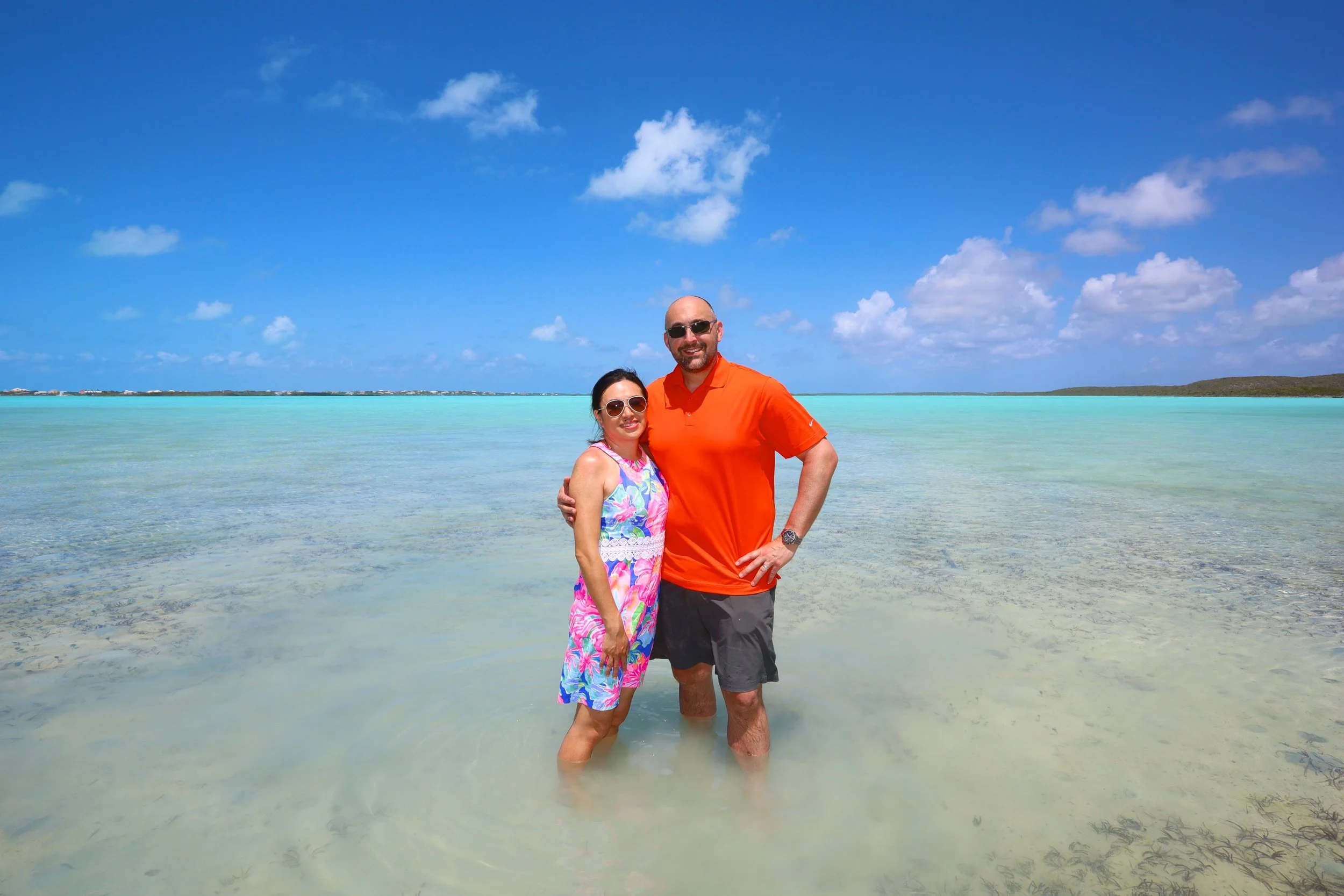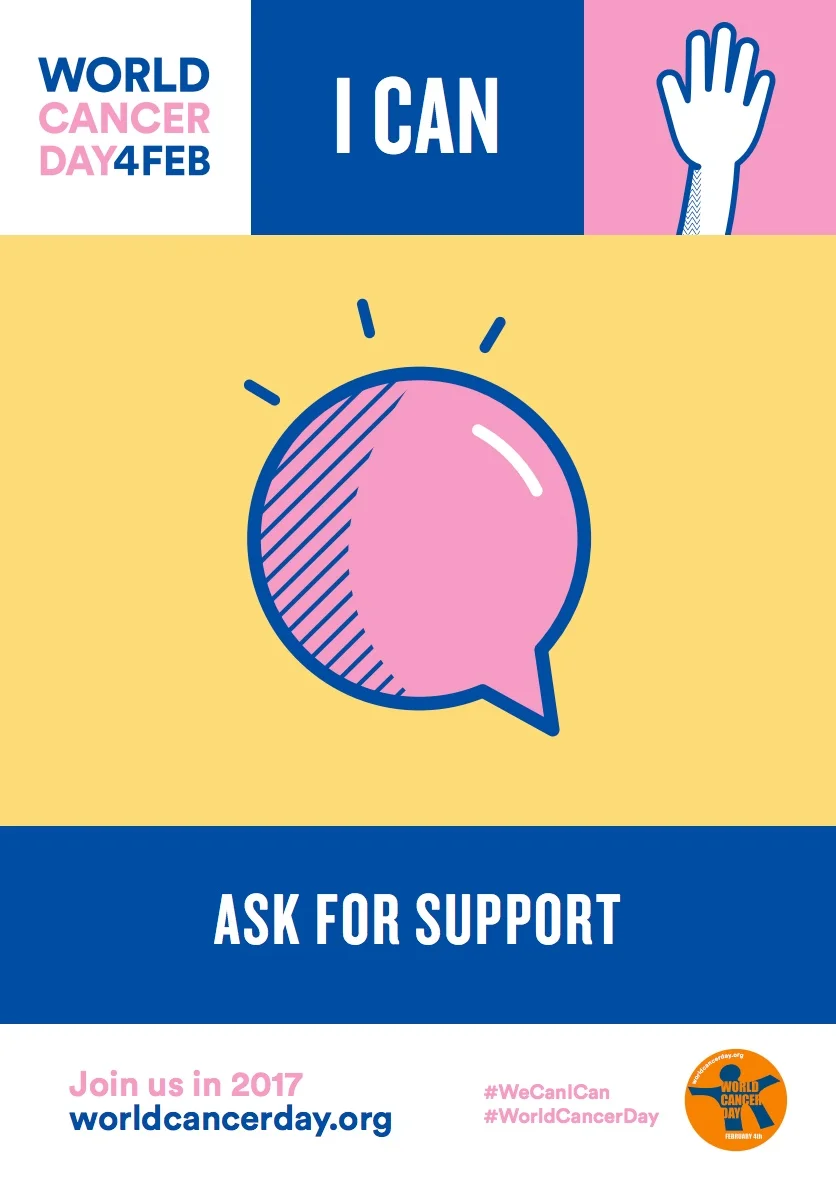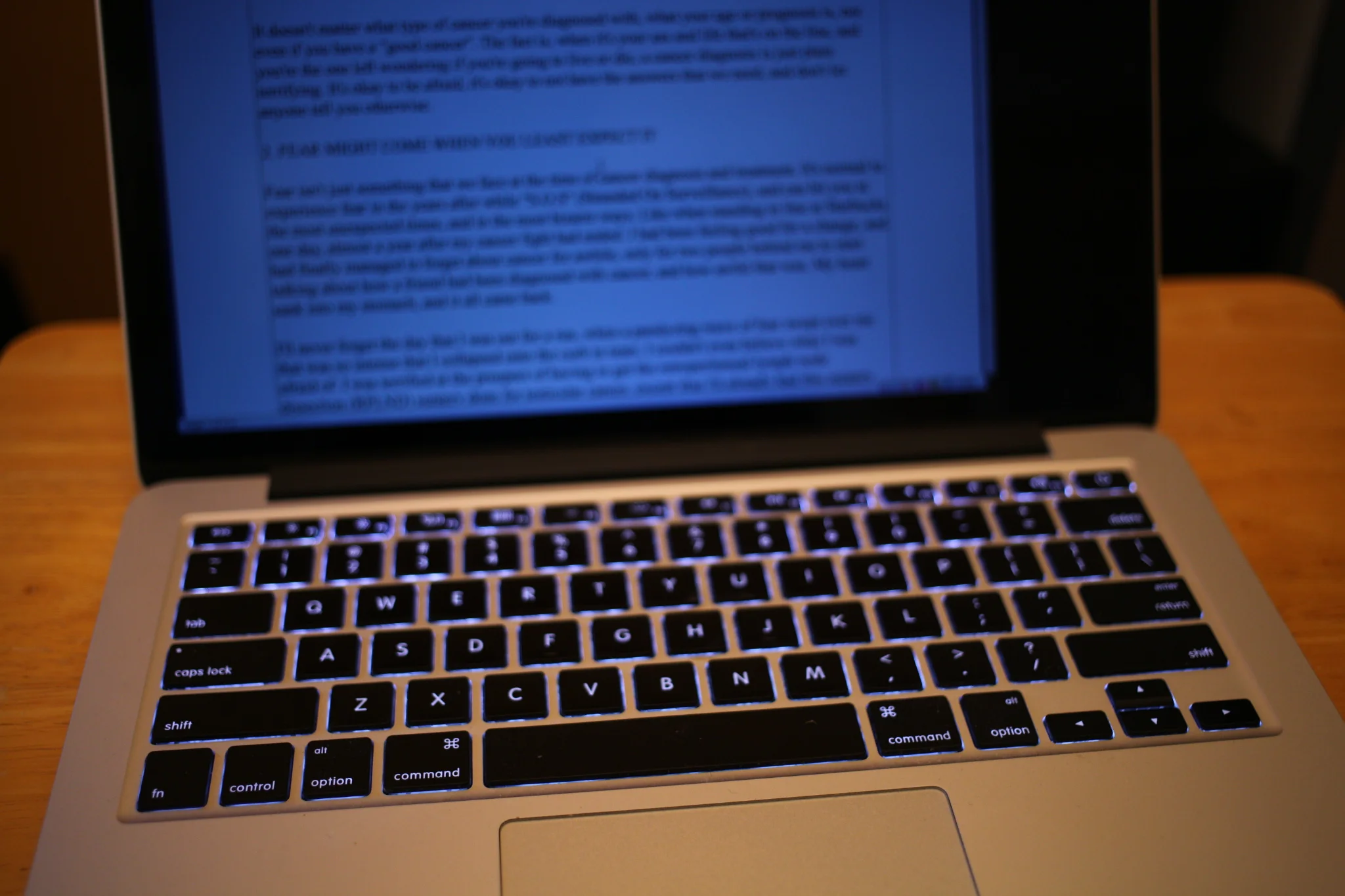May is Mental Health Awareness Month
May is Mental Health Awareness Month, and as a survivor of a young adult cancer I’ve had to overcome perhaps more than my fair share of mental health issues stemming from my cancer fight and treatments. Anxiety and depression are very common for anyone that’s faced a health crisis, but especially for young adults who have so much of their lives in front of them, and who never expected anything like this so early in life. Cancer survivors can commonly suffer from PTSD symptoms as well, if not the full blown disorder. It was the posttraumatic stress symptoms that I had been suffering from in 2013, two years after my cancer diagnosis, that compelled me to turn to writing as a form of therapy because I didn’t know what else to do. My writing stuck and was effective, it helped me to overcome my post-cancer traumatic stress and other mental health issues, and eventually evolved into fully public writing about life as a young adult testicular cancer survivor and advocate, and this award-winning website.
The focus of my writing as a young adult cancer survivor has been to empower cancer fighters and survivors to make the needed changes in their lives to overcome and evolve past the challenges of life after cancer, including the multitude of mental health issues that this population can face. Cancer is not just a disease of our bodies, it’s a disease within our minds as well, and can continue to affect us in the form of these mental health issues for many years after our physical fights against cancer are over. You’re never alone in what you’re facing no matter how isolated you might feel. The core of our humanity binds us all together, and we all feel similar things despite how different everyone thinks they are. It’s in our human nature to hide our pain from others, which is why everyone thinks they suffer alone or that no one else has ever experienced what you are today. Just ask me.
As such for Mental Health Awareness Month, I’ve curated a collection of my blogs that have more mental health centric themes, and that I hope will inspire and empower you to take control of your lives and your minds, and to help give you the hope needed to overcome whatever it is that you’re facing inside. I overcame everything below, and you can too.
See also my dedicated page and essay series about PTSD after Cancer.
Mental Health Awareness Month Blogs
I suffered needlessly for years from my mental health issues after cancer. Rekindling my Faith is what ultimately cured them.
Nine years ago this month, I had just finished 4 brutal rounds of chemotherapy fighting testicular cancer, and was on deck for a highly invasive surgery the next month in June. You might be surprised to learn that this was all the “easy” part of my cancer fight. What was hard was overcoming all of the mental health issues that many cancer survivors experience in the aftermath, such as anxiety, depression, and even PTSD symptoms. Learning to overcome all of this at a younger age has perhaps left me better prepared for other challenges in life, including the COVID-19 pandemic, so here are some mental health pointers for Mental Health Awareness Month.
The burden of cancer might not ever go away, but you can turn it into a force for good in your life and your world. I live the rich, full, and complete life that I do because of the burden of cancer that drives me. I would not have my life any other way today.
One day I was reading my friend's website, and my jaw hit the floor when I read a post about grief. It was the first time I'd ever seen a "grief chart." I had no idea there even was such a thing, and I could easily identify myself at every single step of this big curve as a cancer survivor. I had been writing and sharing in my cancer journey for a few years at this point, and it had never occurred to me even once that this entire process and all that I was going through, was all really one massive grief curve.
I'm not afraid of cancer anymore, I no longer experience cancer-related anxiety, depression, or posttraumatic stress, and that's an achievement to be proud of when it's only taken me 5 years to get there. Personal behavioral change after cancer has been the key to that.
I happen to be a good baseline for what post-cancer depression can feel like, because there had never been even a single depressive ‘bone’ in my body prior to cancer. I was always upbeat and optimistic about everything, believed that there were solutions to every problem, and did not have pre-existing issues with depression or anxiety. My cancer diagnosis at the age of 33 is the first time I faced any mental health issues in my life at all, and they hit me like a load of bricks.
An essay looking back on six years of young adult cancer survivorship. If cancer were to take me now, if today were my last day, and if this were my last sunrise, how would I feel right now?
As I approach six years of cancer survivorship, never has it been more clear to me that cancer is not just a disease of our physical bodies, but a disease of our minds and souls as well. Thus, the argument that many make, is that cancer is not just a matter of eradicating the rogue cells from one's body, but of curing the entire patient.
Writing about cancer and all of this inner pain that it had brought into my life has never been easy, but the rewards for doing so have always far outweighed the hardship. It's one of the hardest, but also simultaneously one of the best things I've ever done.
Experiencing fear on a regular basis comes with the territory of being a cancer survivor. It's a very normal and even healthy part of cancer survivorship, but something that needs to be managed, so here are six tips on how to help cope with and overcome it.
This morning, my wife asked me if during my darkest days of PTSD, I ever had thoughts of killing my entire family. No. Never. There's a terrible story in the news, one of those murder/suicide "family delete" type tragedies, where a woman had been suffering from PTSD and possibly other things, stemming from a health crisis in one of her young children.
In Part 1 of these essays, I described what posttraumatic stress felt like to experience, and in Part II, I described the various things that I did to cope with and recover from it. In this final essay, I'm sharing the things that I've done to manage my life after suffering from posttrauamtic stress after cancer.
The passage of time without any new evidence of disease is the only way that we ever get to "cured", and that makes for a very challenging waiting game in our years after cancer. Nothing has been more terrifying to me during these years than the fears of recurrence, and every strange pain or irregularity in our bodies brings these fears to life.
In November of 2015, I was invited by the Cancer Knowledge Network to write a guest post. CKN is part of Current Oncology, Canada's leading oncology journal, which is read by thousands of oncology professionals and patients.
This is Part II of my three part series of essays on my struggles with post-traumatic stress after cancer. In Part I described what the whole experience felt like, and in this part I'm sharing the story of all that I did to cope with and overcome it, and all of the wonderful people that helped me get there. Fighting cancer was the easy part. Recovering from PTS after cancer is so much harder, because at first you have no idea who or what you're fighting against, only to realize it's you.
On at least two occasions when I've mentioned my cancer story to new friends or acquaintances that hadn't known, I've received comments that were just short of dismissive that testicular cancer is an "easy cancer", alluding to the high cure rate. I'll be honest in saying that I haven't been offended by such comments, because I know that short of having been there in some way themselves, it's simply impossible for people to truly know what a cancer diagnosis feels like, nor all that one entails.
I thought I had been doing so well after cancer. I had a new job and was back to life and living, but little did I know just how wounded I was inside. The stress of cancer survivorship started getting the better of me. A cancer warrior friend had died, and other friends of mine were experiencing recurrences. I had strange pains in my body, and thought for sure that my cancer was back, and that I was next. I had done so well for so long, but was so spooked and simply fell to pieces just short of two years after my cancer diagnosis.
My friend lamented about the damage cancer had already done to her, and how it had reshaped her life and robbed her of so much joy despite never having had it. She wondered how someone who actually had cancer could even begin to cope with so much uncertainty.
This is how.
25 Appointments and Counting... On the eve of my 4 year check-up for cancer, I rather foolishly clicked on a news video link of Virgin Atlantic Flight VS43's emergency landing in Gatwick last December. I've watched emergency landing videos before, but this is just asking for trouble around surveillance appointments, and I should have known better. As the Boeing 747-400 came down without its starboard main landing gear deployed, and with emergency vehicles lining the runway that were prepared for the worst, it was as though all of the collective fear, anxiety, and tension of the passengers on-board that aircraft found a way to channel straight through me. I could relate to this so well, because I know exactly what this feels like, and it's how I had already been feeling at the sub-conscious level. This is what I've been going through for 4 years now, over and over again, as an 'S.O.S.' cancer patient, "stranded on surveillance."





















A snapshot of my cancer and faith journeys, and the bridging of two worlds into one centered around God.